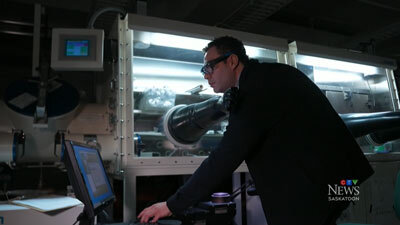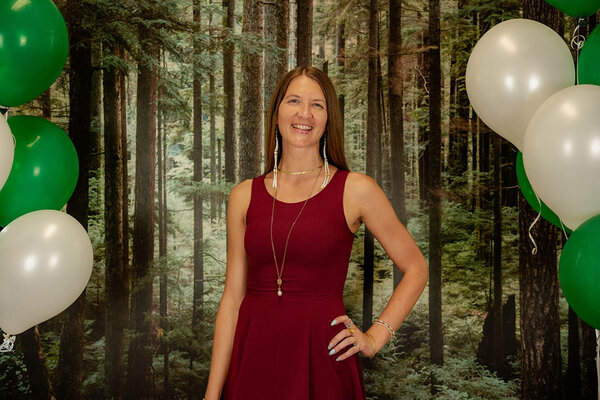
Geological sciences PhD student awarded Queen Elizabeth II Centennial Aboriginal Scholarship
Aidan C. Mowat's research aims to improve the understanding of the hydrogeology and hydro geochemistry of the Williston Basin
The Government of Saskatchewan, the University of Regina, and the University of Saskatchewan have selected the 2020-21 recipients of the Queen Elizabeth II Scholarship and the Queen Elizabeth II Centennial Aboriginal Scholarship.
Research on the application of big data in the public sector, the hydrogeology and hydro geochemistry of the Williston Basin, and the role of media won the votes this year from the Scholarship Selection Committee.
“I offer my sincere congratulations to all three recipients,” Advanced Education Minister Tina Beaudry-Mellor said.
The Queen Elizabeth II Scholarship is awarded to Abayomi Rasheed Akintola, enrolled in Doctorate of Philosophy (PhD) in Public Policy, through Johnson Shoyama Graduate School of Public Policy at the University of Regina. His focus of study on big data academic research in the public sector will provide a framework for the adoption and application of big data and big data analytics in the public sector.
The Queen Elizabeth II Centennial Aboriginal Scholarship is split equally and awarded to two recipients: Aidan C. Mowat, to assist her in obtaining a Doctorate of Philosophy (PhD) in Geological Sciences at the University of Saskatchewan. Her research aims to greatly improve the understanding of the hydrogeology and hydro geochemistry of the Williston Basin, which is a significant resource for water supply, energy resources and minerals in Saskatchewan.
Merelda Lynn Fiddler-Potter is enrolled in Doctorate of Philosophy in Public Policy through Johnson Shoyama Graduate School of Public Policy at the University of Regina. Her research will be a qualitative, comparative case study, to explore how current storytelling in the media affects both the media and policy agendas.
“The Queen Elizabeth II scholarships recognize the importance of both fundamental and applied research to both public policy and to the continued expansion of Saskatchewan’s innovation economy,” Beaudry-Mellor said.
Initially established in 1987, the $20,000 Queen Elizabeth II Scholarship is awarded annually on the basis of academic excellence to a student who is pursuing graduate or post-graduate study related to Saskatchewan politics and government.
The $20,000 Queen Elizabeth II Centennial Aboriginal Scholarship is awarded annually based on academic excellence to a First Nations/Métis student, or split between deserving candidates, who are pursuing graduate or post-graduate studies in any field.
To learn more about the scholarships, visit https://www.saskatchewan.ca/residents/education-and-learning/scholarships-bursaries-grants/scholarships.
Source: Government of Saskatchewan news release


